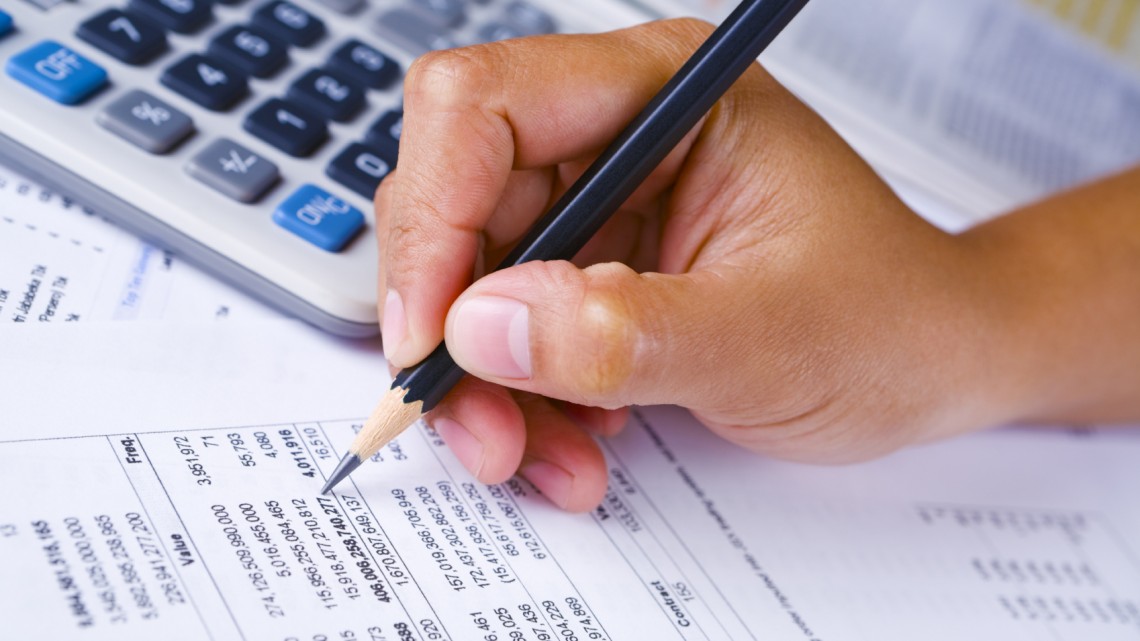Taking care of your personal finances is something that people usually struggle with. It is such a key part of life but it is often neglected due to lack of time and knowledge. Ensuring that your finances are in order and being in a healthy position financially in life can help reduce unwanted stress. Below I have listed a few ways in which you can manage your personal finances better, along with some pointers to help you out.
1. Budget
A budget is a significant way to manage your personal finances. Creating a budget will help you keep track of your incomings and outgoings. Budgets will give you a screenshot of how much money you have left after your outgoings each month and they are a great way to keep your personal finances in check to ensure you don’t go into the red.
How to create a budget
In simple terms, a budget is just the money you have coming in each month in comparison with the money you have going out. An easy way to set up a budget would be in an Excel spreadsheet. Have your money coming in at the top of the sheet; this could be money from your salary, any investments, side ventures, etc. Have your money going out subtracted underneath. See the example below:
| Budget January 2016 | |||
| Money IN: | |||
| Salary | 3,000.00 | ||
| Bank Interest | 100.00 | ||
| 3,100.00 | |||
| Money OUT: | |||
| Mortgage | 1,500.00 | ||
| Fuel | 80.00 | ||
| Utilities | 50.00 | ||
| Other | 400.00 | ||
| 2,030.00 | |||
| Surplus | 1.070.00 |
This is a very basic example and the numbers have just been plucked out of the air for demonstration purposes. When first creating a budget, put the exact figures in as this will give a more accurate picture. Do not round them up as I have done above. If you do not know the exact figures, you can try to estimate the amounts. However, once you have solid figures the following month, I would amend the budget so it gives a true reflection of your monthly position.
Do a budget for each month of the year separately as it is most likely that your expenses will not be exactly the same each month. In the budget above I have put in a cost called ‘other’ but in your budget you should try to be specific with each cost so that it is more accurate. This will also help to determine where a lot of money is being spent and where cost savings can potentially be made.
When putting your expenses into your budget, put the critical expenses first, i.e mortgage, utilities, travel costs, etc. Then put your additional expenses in such as nights out, clothes, day trips, etc. This way, if you find your budget going into deficit, you can cut down on the expenses which are not as crucial; such as nights out. Being disciplined and not lying to yourself is the key to ensuring your personal finances are kept in check so you can avoid the stress of not having enough money.
Apportioning costs
There may be some costs which you do not pay on a monthly basis such as utilities and phone bills. These may be paid quarterly. Instead of putting these expenses in each quarter, a better way to deal with these costs is to split the quarterly cost and put it in the budget as a monthly amount. For example, if your electricity bill is £150 per quarter, then put an expense of £50 per month in the budget (150/3 months). This will ensure that you have the money to pay the bill when it arises at the end of the quarter.
Take a long-term view
When you budget, you may find that some months you have quite a big surplus. Rather than just spending all of this on a nice meal or holiday, think about future months and expenses. An example of this would be during the Christmas period. This is usually an expensive time of the year for everyone, so if you make a healthy surplus in September, think ahead to Christmas and how that surplus may be able to help you out in the months of December and January where expenses will be much higher.
Long-term tip: When planning your golden years’ finances you should know that there is a type of loan which is specifically designed to help you during your retirement. It is called a reverse mortgage, and it is referred to as such because it will allow you to receive money without owing any immediate repayments. The reverse mortgage lender will dole out cash payments to you to be used for any purposes you wish without sending you a mortgage bill each month. The loan balance will not be owed for the duration of your stay in your home. However, you or your heirs will have to pay the balance or agree to sell the home when you leave the property through your own power or due to your death.
2. Make your money work for you
What does this mean? Well, when you have a surplus from a month, if you spend nearly all of that money then you can never get that money back. Where as if you save that money and put it in the bank or invest it in something which will pay out income, then you will have more income in the future to play with. A previous article which we wrote on compound interest can show you how small amounts of savings with the power of compounding can become huge sums of money in the long term.
Of course, this does not mean that you should not enjoy your money. If you have budgeted well and have made a nice surplus then you should treat yourself; just be reasonable with your treat because the less you spend now the more you will have to spend in the future.
3. Think before you spend
Impulse purchases are things which consumers just see and buy instantly without having second thoughts. Try to reduce spending on unnecessary items. You may be thinking, “I don’t buy anything that I don’t need.” If this is true then that’s great, however most people do buy unnecessary things. A lot of the time there are products which have a hype around them and consumers get pressured into buying them just because everyone else has or wants one. Before you buy things just stop and ask yourself if you really need it. “Is it something I want or something I need to live?”
Think about alternatives when you buy too. For example, how many times have you purchased a DVD, watched it once and then had it just sat their collecting dust? These days you can rent films online for a much cheaper price than owning them. Small decisions like these can add up to save a lot of money over a period of years.
Summary
If you break down personal finances simply, it’s just money in vs. money out. So the best way to improve your finances when you know exactly how much you have coming in and going out each month is to manipulate the two variables. So you either increase your money in or decrease your money out. Things like investments can potentially increase your income. By having a budget and knowing where you spend your money each month will help you to pinpoint areas where costs can be reduced to leave you with a greater surplus!
I hope you found this article informative. Be sure to share it with your friends and family so they can get their personal finances in shape too.
Author: Dillan Patel
I am a fashion enthusiast and the Fashion Director at Bon Vita. My vision is to spread Good Vibes Only #GVO through the faculty of fashion.
I believe that looking good plays a critical role in feeling good; when you feel good you’re in a better state of mind to manifest your desires!














